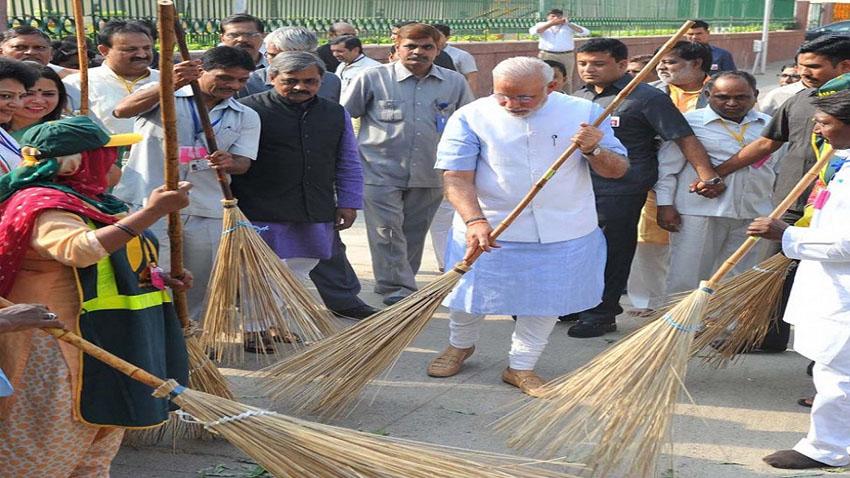Countries around the globe are recognizing the challenges to keep nature safe and the importance of nature. To keep the granny world for ourselves and for the next generation we need to practice and follow some essential factors including sustainable waste management and recycling practices. Well, India and Tanzania are two diverse nations with distinct socio-economic backgrounds but both countries have adopted unique recycling models in their pursuit of environmental sustainability. Today we will be doing a comparative analysis exploring the approaches taken by these nations, highlighting their successes, challenges, and potential lessons for a greener future.
What is sustainable recycling?
Before we analyze the countries’ recycling models, let’s learn about sustainable recycling. Sustainable recycling is an eco-friendly practice that focuses on minimizing environmental impact and the same involves efficiently reusing materials, reducing energy consumption, and promoting community awareness. By emphasizing responsible consumer behavior, proper waste management, and closed-loop systems, sustainable recycling aims to conserve resources and create a greener, more sustainable future for Mother Earth.
Now let’s analyze the unique recycling models of both countries and you can check out the detailed analysis below.
India: The Innovator in Sustainable Recycling
India is a country with a high population and the country is expanding urban centers, India is also facing significant waste management challenges. However, the country has made remarkable strides in the field of sustainable recycling. One of the key initiatives is the Swachh Bharat Abhiyan, a nationwide cleanliness campaign that focuses on waste segregation at source. The campaign is actually encouraging citizens to separate recyclables from non-recyclables, India has created a strong foundation for effective recycling practices.
Moreover, India has a thriving informal recycling sector, where numerous small-scale entrepreneurs contribute significantly to waste recycling efforts. These individuals and small businesses collect, sort, and recycle various materials, providing employment opportunities and reducing the burden on landfills.
Tanzania: Embracing Community-Centric Recycling
On the other hand Tanzania, a country with diverse landscapes and communities, recycling efforts have taken a community-centric approach. The country is encouraging community engagement along with awareness programs to instill the importance of recycling in the minds of its citizens. Community-based organizations and NGOs play a vital role in educating people about waste segregation and recycling methods.
Tanzania’s recycling model places a strong emphasis on the informal sector, where local entrepreneurs and small businesses actively participate in waste collection and recycling activities. This decentralized approach not only ensures efficient waste management but also creates employment opportunities at the grassroots level.
Challenges Faced
Despite their progress, both India and Tanzania are facing multiple challenges in their sustainable recycling endeavors. India struggles with the lack of proper infrastructure and resources for waste processing, leading to inadequate recycling rates. While Tanzania faces issues related to insufficient funding and limited access to recycling technologies, hindering the scalability of recycling initiatives in certain regions.
Furthermore, both countries grapple with the challenge of changing societal attitudes towards waste. Overcoming ingrained habits and encouraging responsible consumer behavior remains a hurdle in the widespread adoption of recycling practices.
Lessons Learned and Future Prospects
India and Tanzania’s recycling models are providing valuable insights for other nations striving for sustainable waste management. India’s focus on citizen participation and the integration of the informal recycling sector showcases the significance of community involvement and entrepreneurship. Tanzania’s community-driven approach highlights the importance of grassroots engagement and awareness campaigns in shaping environmentally conscious societies.
Let’s hope that these models will encourage and help other countries to follow the basic aspects of recycling and make the planet safe for everyone.
- About the Author
- Latest Posts
A passionate advocate for all natural and sustainable ideas. With a background in sustainable economics science and a deep love for nature, Sojy has dedicated his career to promoting eco-friendly practices and encouraging others to live a more sustainable lifestyle. He is an avid hiker, gardener, and cook, and loves experimenting with natural ingredients in his recipes and lifestyle routines. Sojy believes that small changes can make a big impact and is constantly seeking out new ways to reduce his carbon footprint and inspire others to do the same




